I first remember learning about the Holocaust when I was 5 years old. Sitting in my grandparents' living room, the camera crew entered with all of their equipment and I sat quietly on the couch with the rest of my family as we waited for the interviewer to begin asking my grandfather questions.
Steven Spielberg's Shoah Foundation had contacted my grandfather about sharing his experience surviving three concentration camps during World War II. At the time, I knew that this was something important to my family, but I had little context for how and why this would have a major impact on my life.
My grandfather was one of the sole Holocaust survivors in his family. Prior to his deportation at the age of 23, he had lived in Plonsk, Poland, where he and an older brother worked as barbers. His family was placed into a ghetto before making the agonizing transport to Auschwitz in 1941. At Auschwitz, where he spent the majority of his captivity, his job was to cut the hair of the arriving prisoners -- stripping them of their identities as they entered the camp. The Nazis considered this necessary in order to carry out their plans of dehumanizing and eliminating the Jews of Europe, and that made my grandfather a crucial commodity to the Nazis. He was given extra food in order to stay strong enough to cut hair. So it was being a barber that kept him alive.
In January 1945, my grandfather was taken on a death march to Mauthausen and then later to Ebensee in Austria, where he was liberated by the Americans in May. My grandfather -- even in the face of death -- was incredibly lucky to survive the atrocities and horrors of the Holocaust.
Whenever we learned about the Holocaust in school and religious school, I was always quick to raise my hand and share my grandfather's story. I knew that having this family history was something that set me apart from many of my peers and I often wondered if they could grasp the gravity of what my grandfather had gone through, even though I never could. My mind always returned to one thing: an awareness that had my grandfather not survived, I would not be alive. I still grapple with this notion to this day as I talk about and continue to process my grandfather's experience.
Today, my grandfather is 96 years old. He is still cutting hair at his barber shop in West Rogers Park and he refuses to retire. He believes that his work is what keeps him going every day and if you ask him, he will tell you that he has enough money to pay the bills and to keep the shop running and that is all that he needs.
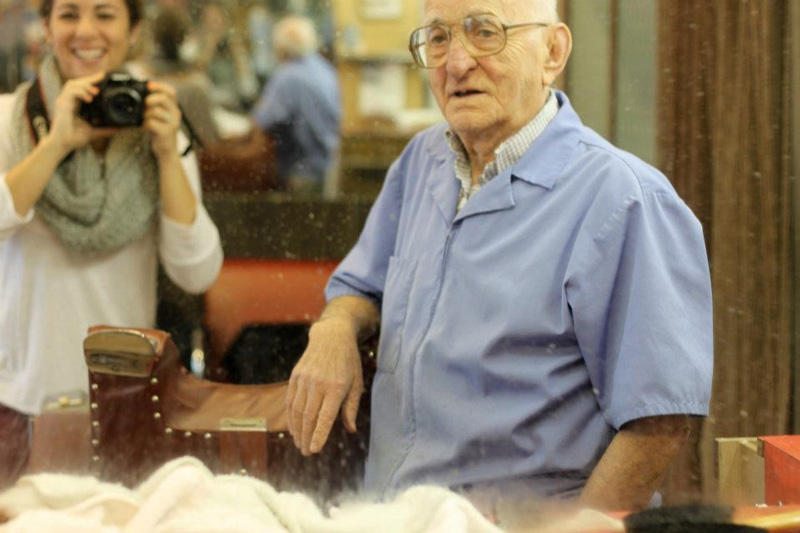
Forced work kept my grandfather alive in the camps, but now it is his own personal choice to work, and he chooses to do the work that has shaped his entire life. My family believes that his work is what keeps him alive. Despite his lack of hearing, he is still as sharp as a tack, and when you set him loose in a shopping mall, he will take off like he's running a marathon.
As I've gotten older, my grandfather has shared more and more about his past. This usually happens at the dinner table when he and my 90-year-old grandmother tell my brother and me what life was like in the old country. In college, I interviewed him for a class about workers in America and I enjoyed talking with him about his love for the barber shop and his commitment to his customers, some of whom are the third generation of their families to sit in his barber chair. He is truly an inspiring and resilient individual and I am proud to call him my grandfather.
As a Social Studies teacher, I also share my grandfather's story with my students. I remind them that although the Holocaust was an event in history, it is still so painfully tangible today in the lives of survivors and their families. I share his story to encourage my students to not be bystanders. I share his story to spread love and acceptance. I share his story because if I don't, who else will?


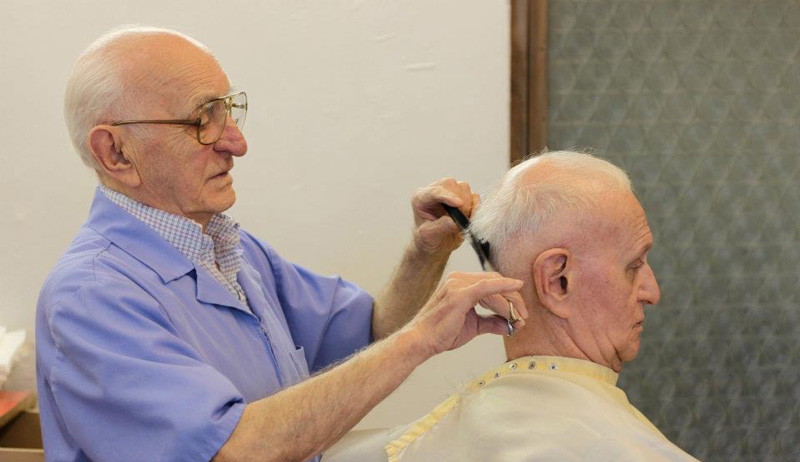
.jpg)
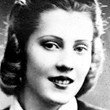
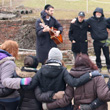
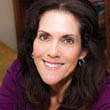

.jpg)



